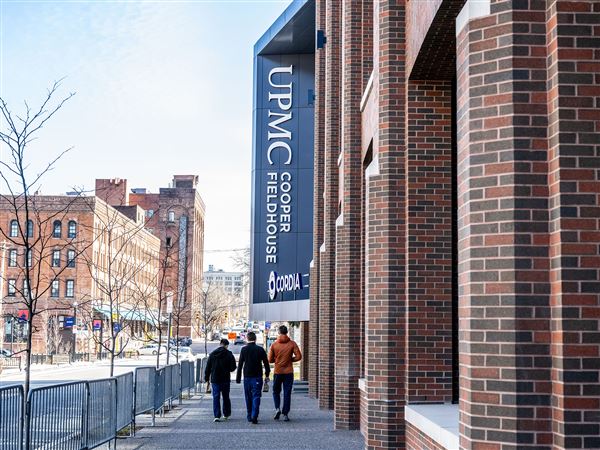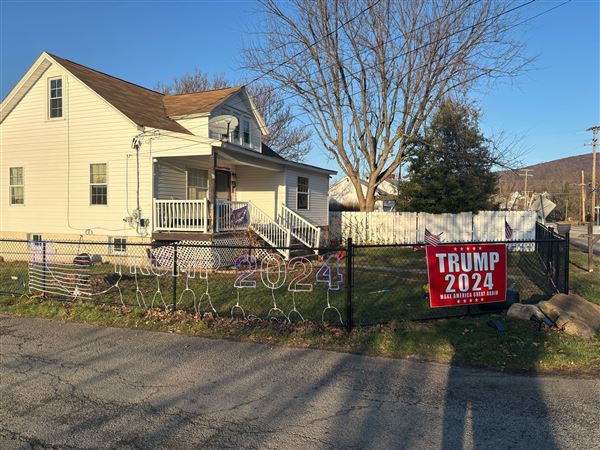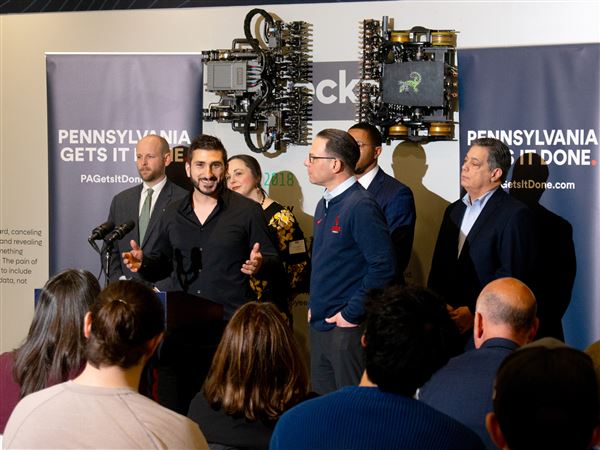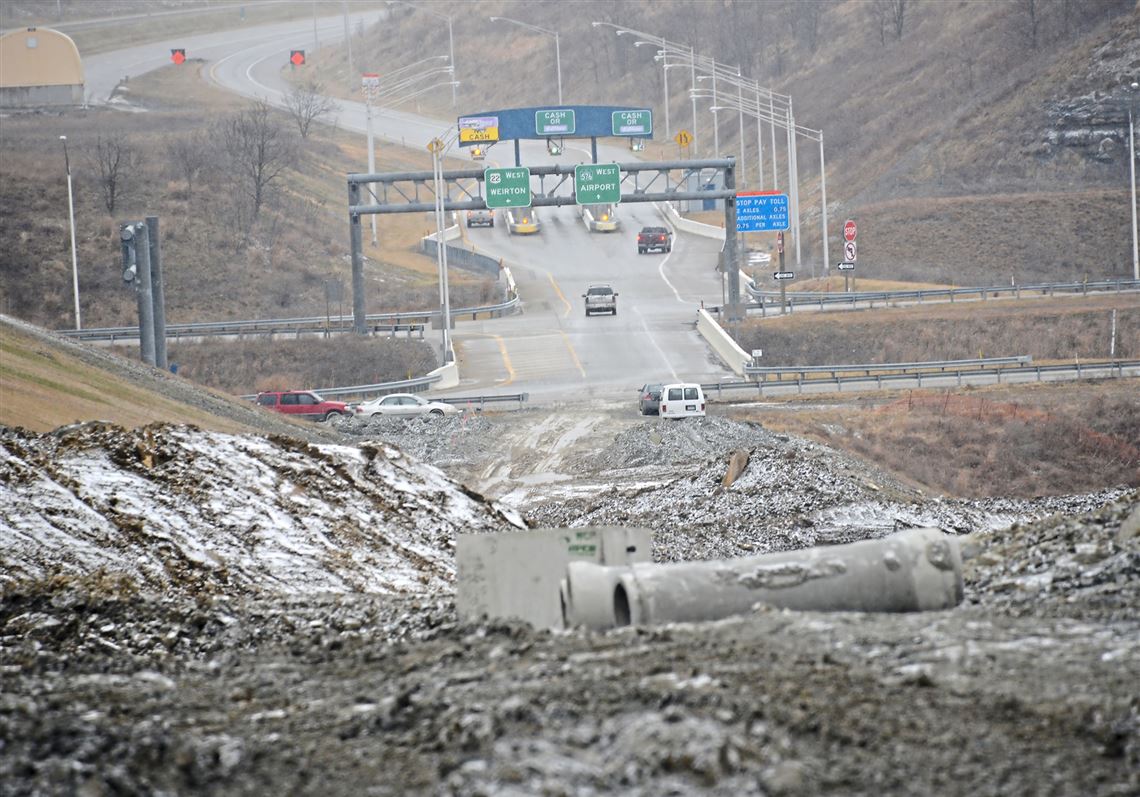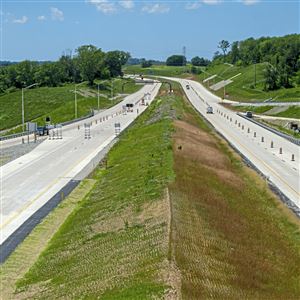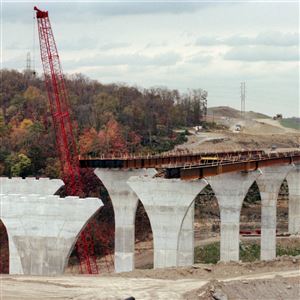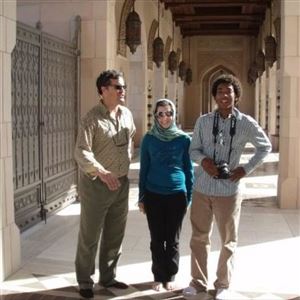The Pennsylvania Turnpike announced Tuesday it has awarded the first construction contract for the next major phase of the Mon/Fayette Expressway.
According to a news release, Pittsburgh-based Trumbull Corp. was awarded the nearly $214 million contract to build the first section, which lies mostly in Jefferson Hills but also reaches into West Mifflin and Clairton.
The work is part of an estimated $1.3 billion section that will run from an already completed section at Route 51 in Jefferson Hills to Route 837 in Duquesne.
A public meeting is expected to be held in February explaining the scope of work, the turnpike said.
“This long-awaited project represents a significant investment in the Mon Valley that will not only enhance mobility in the area but is expected to bring economic opportunities to the region,” said Turnpike Commissioner Sean Logan in the release.
Last year, Johnson, Mirmiran & Thompson Inc. of Hunt Valley, Md., was awarded a $20-million contract to oversee construction of the entire eight-mile southern section, which is divided into seven separate construction sections. The entire project is expected to take approximately six years to build.
“Unlike the Southern Beltway, we will be able to open portions of the Mon/Fayette Expressway as they are built,” Turnpike Chief Engineer Brad Heigel said. “Once the overhead toll gantries are in place and tested, the section can be opened to traffic.”
The Mon/Fayette Expressway (PA Turnpike 43) currently stretches 54 miles from I-68 near Morgantown, W.Va., to Route 51.
Eventually the toll road is to extend to the Monroeville area.
The highway was conceived in the 1960s as a lifeline to the steel industry, which had nine major plants in the area that employed about 60,000 people. There were many starts and stops along the way and the original concept of including a wing to Pittsburgh along the north side of the Monongahela River met with political and financial objections.
Now, more than a generation later, the highway is ready to move forward — in a reduced scope. Eliminating the link to Pittsburgh and substantially narrowing the medians have reduced the overall cost of the project to just over $2 billion from about $4 billion.
The new toll road also will serve as a test bed for innovative transportation construction techniques that could use noise reduction walls to reduce pollution and produce electricity from traffic-generated road vibrations for road signs, among other things.
The four pilot projects will be:
• Redesigning noise walls using a hollow, honeycomb-like material to reduce sound and treating it with a catalyst that will capture nitrogen oxides generated by vehicles with combustion engines. The process will convert the pollutants into harmless nitrates that will dissipate naturally, similar to a car's catalytic converter.
• Using the natural vibrations that vehicles cause on road surfaces to generate electricity for road signs. Researchers will test whether the sensors to capture vibrations work better with asphalt or concrete surfaces before they choose a location to try the system, which also would use recycled plastic.
• Creating a digital, three-dimensional model of a one-mile section of the highway as it is being built. The model will be used to simulate and monitor the wear and tear on the road over the years.
• Testing which method works best for recharging electric vehicles as they drive over the road surface. The process involves putting charging elements just under the surface that are activated when electric vehicles drive over them and recharge their batteries as they drive.
First Published: January 17, 2023, 6:08 p.m.
Updated: January 18, 2023, 12:18 p.m.
